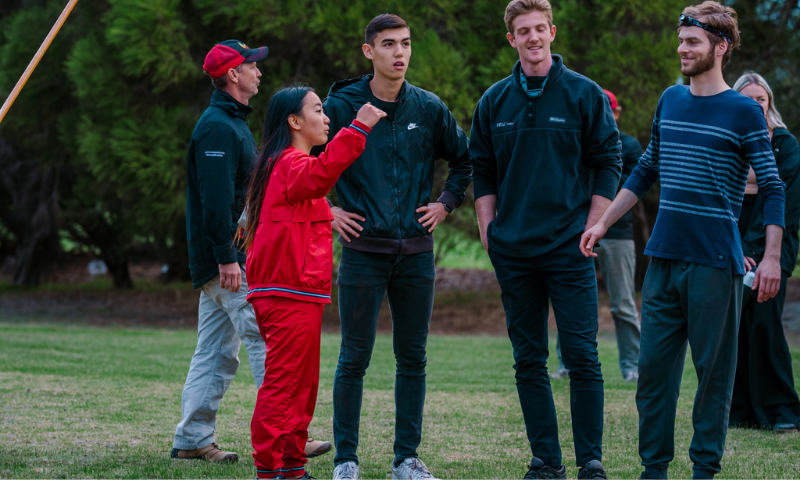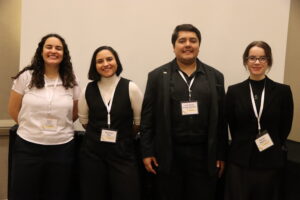When reflecting on liberal philosophy and free market ideas, it is easy to speculate on an abstract response to a hypothetical threat or crisis. Hindsight and distance allow individuals to be brave and not realise the full extent of the difficulty of the situation or the other forces at play. Prior to March 2020, very few people considered how they would react to a pandemic and even fewer would game out an extreme scenario that would deal with extreme trade-offs and difficult calculations.
Over the course of human history, the impulse to freedom has resulted in humanity achieving huge strides forward in developing and implementing systems and institutions designed to protect human rights and dignity including our parliamentary systems and the rule of law. However, these systems and institutions cannot prevent threats and upheavals. They merely provide a framework within which we can work to combat them.
As a scholar and then as professionals working in the 2020s, you will likely experience a crisis or emergency. During your lifetime it is quite possible that there will be a period of major upheaval, disturbance or international conflict. This could take the form of an event in the South China Sea, a boycott of Australian iron ore, the collapse of Papua New Guinea, an economic depression, or an unanticipated Black Swan event. Each would have a different impact on Western Australians, but they would all require a response involving difficult decisions and trade-offs.
The worst approach is to assume good times will continue and that the end of the Covid Pandemic will bring about a return to so-called “normal”. The period of 2000-2020 was remarkable in that it was relatively peaceful and prosperous. Those coming of age between 2020-2040 may look back with envy for those who grew up during this “golden age” of the early 2000s. Regardless of the expectations of a crisis, it is helpful to consider how you would respond.
Mannkal’s Founder and Chairman Ron Manners has written about the importance of educating yourself and building a personal philosophy that you can apply it consistently to your personal life, your business life, your political life, and your family life. When dealing with a major crisis, your personal philosophy will stand you in good stead, and help to guide any difficult decisions you may face. Threats, crises, and emergencies test your adherence to your personal philosophy and reveal your underlying values.
At Freedom Camp Mannkal speakers ran a series of simulations and exercises relevant to Western Australia. This gave scholars the opportunity to apply insights from great liberal thinkers and facilitate the formation of your own personal philosophy. Through experiential learning you will gain a greater understanding of your own leadership styles, your realistic level of resilience and your ability to lead in high pressure environments.






